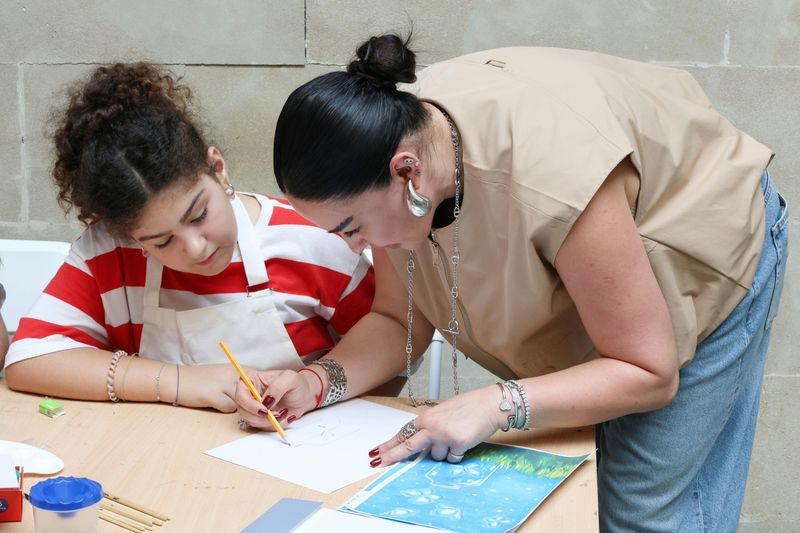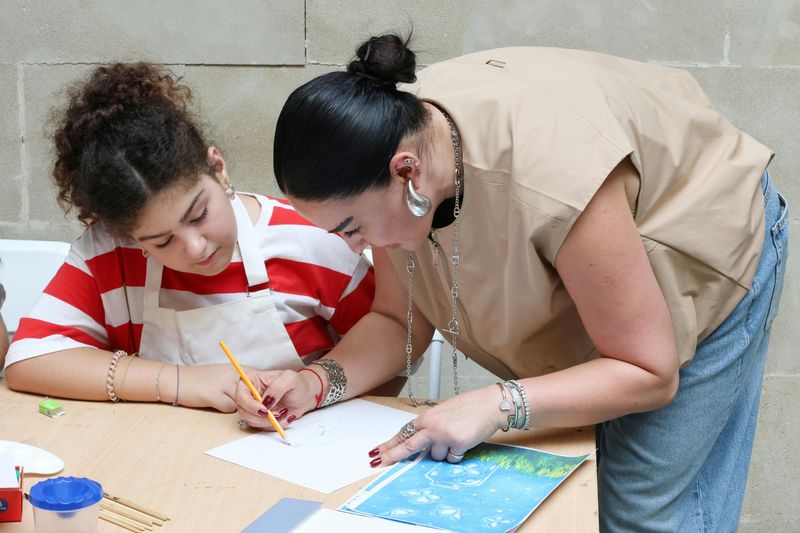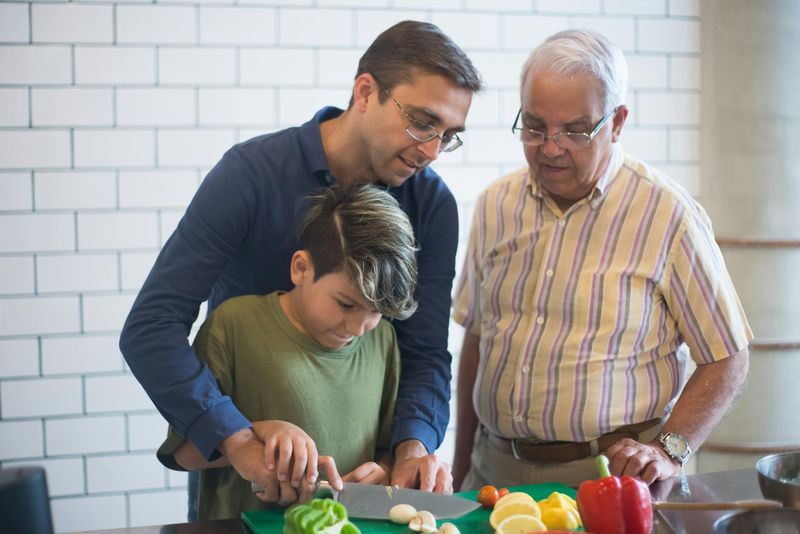Parenting doesn’t end when your children grow up; it simply transforms. Yet many parents unwittingly push their adult children away through behaviours they might not even recognise as harmful. The relationship between parents and their grown-up children requires just as much nurturing as it did during childhood, perhaps even more delicacy. Here’s how you might be accidentally creating a gap between you and your adult children.
1. Unsolicited advice overload

I’ve watched countless parents fall into this trap. You spot your adult child making what you perceive as a mistake, and before you know it, you’re dishing out advice they never asked for.
The well-intentioned guidance often lands like criticism. Your grown children are navigating their own lives now, making decisions based on experiences you haven’t shared.
When you constantly offer unsolicited advice, you’re essentially saying, “I don’t trust your judgment.” Try asking if they want your input first; it’s amazing how this simple courtesy can strengthen rather than strain your relationship.
2. Guilt-tripping as currency

“After all I’ve done for you…” Those seven words have probably damaged more parent-child relationships than we can count. I’ve been guilty of this myself; using subtle (or not-so-subtle) guilt to manipulate my grown children’s behaviour.
Guilt is a powerful tool that might get short-term results but creates long-term resentment. Your adult children begin to dread interactions, knowing emotional debt collection might be waiting.
Love shouldn’t come with invoices attached. When you catch yourself reaching for the guilt card, pause and ask what you’re really trying to communicate instead.
3. Boundary bulldozing

Popping round unannounced might seem like a lovely surprise to you; but to your adult child, it’s potentially an invasion. Boundaries aren’t rejection; they’re necessary frameworks for healthy relationships.
I remember feeling hurt when my daughter asked me to call before visiting. It took some soul-searching to realise this wasn’t personal; it was her establishing healthy adult boundaries.
When parents repeatedly ignore or dismiss boundaries (from personal questions to unexpected visits), they’re essentially saying, “Your comfort matters less than my desires.” Respecting their boundaries shows you respect them as individuals.
4. Outdated role enforcement

“You’ll always be my little girl.” Sweet sentiment? Perhaps. Problematic mindset? Absolutely. Your children have grown into adults with complex identities beyond their role as your offspring.
Continuing to treat them as children; making decisions for them, speaking over them, or dismissing their adult perspectives; creates a frustrating dynamic. I’ve seen parents introduce their 40-year-old children as “my baby” while simultaneously wondering why they’re kept at arm’s length.
Acknowledging and respecting their adult identity doesn’t diminish your parent status; it evolves it into something potentially even more rewarding.
5. Comparison competition

“Your brother just bought his second home, you know.” Comparing adult children to siblings, cousins, or friends’ children is a surefire way to create distance. I’ve witnessed the light dim in my friend’s eyes when her mother inevitably brings up her “more successful” sister.
These comparisons might seem motivational from your perspective. From theirs? It’s a painful message that they’re not measuring up to your expectations.
Every adult has their own timeline, priorities, and definition of success. Celebrating their unique journey rather than comparing it to others’ shows you value them for who they actually are.
6. Opinion overriding

Remember when your child first developed political opinions different from yours? That uncomfortable feeling hasn’t gone away; it’s intensified as they’ve formed their own worldview.
Many parents struggle with adult children who hold different religious, political, or social views. Rather than engaging in respectful dialogue, they dismiss these perspectives as “phases” or misguided thinking.
I’ve learned (the hard way) that constantly challenging or dismissing my children’s opinions doesn’t change their minds; it just ensures they stop sharing those opinions with me. Creating space for different viewpoints doesn’t mean abandoning your own; it means respecting their intellectual autonomy.
7. Emotional dumping

Parenthood doesn’t come with an expiration date, but neither does it grant lifetime emotional caretaking privileges. Using your adult child as your therapist, confidant for marital problems, or primary emotional support creates an unhealthy role reversal.
I’ve caught myself oversharing about financial worries with my son, only to notice his shoulders tense with a burden that wasn’t his to carry. Our adult children care deeply about our wellbeing, but they shouldn’t be responsible for managing it.
Appropriate emotional boundaries protect your relationship from the resentment that comes with parentification; when children become emotional caretakers for their parents.
8. Digital disrespect

Social media has created entirely new ways to damage your relationship with adult children. Posting childhood photos without permission, publicly commenting on personal matters, or sending constant check-in texts when they don’t respond immediately all signal a lack of digital respect.
My friend’s mother regularly posts childhood bath photos despite repeated requests to stop. “But you were so cute!” isn’t a valid reason to violate someone’s digital boundaries.
Today’s parents navigate territory our own parents never had to consider. Learning digital etiquette with your adult children isn’t optional; it’s necessary for maintaining close relationships in our connected world.
9. Grandparenting power plays

Grandchildren can either bridge gaps with adult children or create canyons between you. Undermining your adult child’s parenting decisions; from screen time rules to bedtimes to dietary choices; communicates fundamental disrespect for their parental authority.
“I raised you just fine with sugar cereals” might seem harmless, but it challenges their carefully considered parenting choices. I’ve learned to bite my tongue when my daughter’s parenting differs from my approach.
Supporting your adult children as parents means respecting their rules, even when you disagree. The grandparent who does this strengthens relationships with both generations rather than creating painful triangulation.